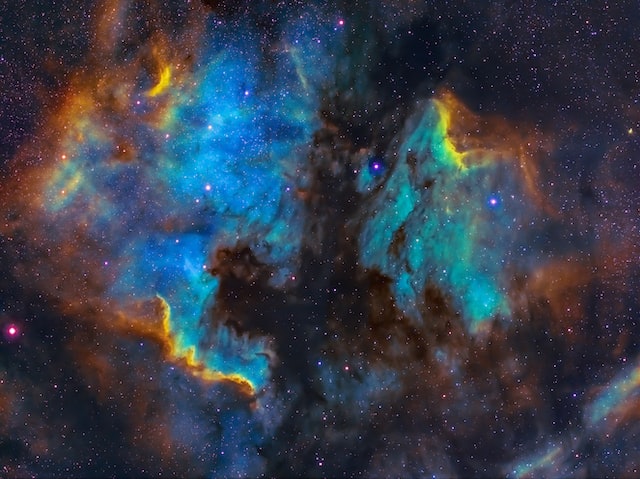AI software, or artificial intelligence, is a technology that is rapidly advancing and finding applications in many fields, including space exploration.
Space exploration, on the other hand, has always been a challenging field that requires innovation and cutting-edge technology to achieve breakthroughs.
In this article, we will explore the intersection of these two fields, discussing the importance of AI in space exploration and its applications, advantages, limitations, and future.
AI in Space Exploration: Past and Present
The use of AI in space exploration dates back to the 1970s when the first unmanned spacecraft was sent to Mars.
Since then, AI technology has made significant contributions to space exploration, including autonomous navigation, onboard decision-making, and intelligent control systems.
In recent years, AI has been used in various space missions, including NASA’s Mars Curiosity Rover, which uses AI to analyze data and plan its route, and the European Space Agency’s Gaia mission, which uses AI to map billions of stars in the Milky Way.
Advantages of AI in Space Exploration
One of the main advantages of using AI in space exploration is its increased efficiency and accuracy. AI technology can process vast amounts of data and make decisions faster than humans, making it ideal for tasks such as data analysis, navigation, and communication.
Additionally, AI can improve safety in space exploration by detecting potential hazards and anomalies, and adjusting the spacecraft’s trajectory accordingly.
Moreover, AI technology can reduce the cost of space missions by automating routine tasks and eliminating the need for human intervention.

Challenges and Limitations of AI in Space Exploration
Despite its numerous advantages, AI technology also presents several challenges and limitations in space exploration.
The space environment is complex and unpredictable, and AI technology may not always be reliable in such conditions. Moreover, space missions are highly dependent on technology, and any malfunction or failure can have severe consequences.
Additionally, there are ethical concerns associated with the use of AI in space exploration, such as the potential loss of human control over the decision-making process.
Future of AI in Space Exploration
The future of AI in space exploration looks promising, with ongoing efforts to develop advanced AI software that can operate in challenging environments.
Moreover, there is a growing interest in collaboration between human astronauts and AI technology, where AI can assist humans in tasks such as navigation, communication, and data analysis. In the long term, AI is expected to play a crucial role in space missions, including the exploration of other planets and the search for extraterrestrial life.
Conclusion
In conclusion, AI technology is essential in space exploration, enabling us to achieve breakthroughs and discoveries that would not be possible otherwise.
Its advantages include increased efficiency and accuracy, improved safety, and cost-effectiveness.
However, AI technology also presents several challenges and limitations, such as its dependence on technology, the risk of malfunction, and ethical concerns.
Looking forward, the development of advanced AI software, collaboration with human astronauts, and the potential for new discoveries make AI technology a critical area of research in space exploration.


